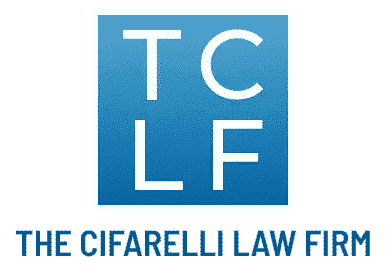The prevalence of stories in the media about sexual harassment in the workplace is an indication of the magnitude of the problem. An online survey concluded that 81 percent of women have been victimized through sexual harassment, and another survey focusing on workplace harassment revealed that one in five women have been subjected to harassing conduct at their places of employment. Although most of the attention in the media has been on women as victims, men account for 17 percent of the complaints of sexual harassment on the job received by the U.S. Equal Employment Opportunity Commission. The takeaway from these statistics is the importance for all workers to know their rights and the steps to take to protect and enforce them if they become victims of workplace harassment.
Legal Protection Against Sexual Harassment
Harassment based upon the sex of an employee or someone applying for a job is a violation of the federal Civil Rights Act of 1964 and, in California, the Fair Employment and Housing Act. The federal statute, which is enforced by the Equal Employment Opportunity Commission, prohibits the following forms of conduct or behaviors:
• Unwelcome sexual advances
• Requests for sexual favors
• Offense remarks directed at or about another individual based upon the person’s gender
• Repeated conduct resulting in a hostile or offensive workplace
• Employment decisions, including denial of promotions or termination from employment, based upon the sex of the individual
The California Department of Fair Employment and Housing protects workers of both sexes from workplace conduct that violates the FEHA, including the following:
• Displays of sexually oriented pictures or objects
• Sexually suggestive verbal comments, including jokes
• Threats of demotion, withholding of benefits or other adverse action in retaliation for negatively responding to sexual advances
• Inappropriate physical contact, including touching, obstructing movement, assaulting and similar behaviors
Both the state and federal laws prohibit quid pro quo sexual harassment. This occurs when promotions or other benefits of employment are conditioned upon the exchange of sexual favors. Keep in mind that sexual harassment includes offensive conduct and behaviors between an offender and victim who are of the same gender.
What Should You Do If You Become the Victim of Workplace Sexual Harassment?
You do not have to tolerate being the target of sexual harassment where you work. There are remedies available to stop the offending behavior and, depending upon adverse action that might have been taken against you, compensation for the damages you might have incurred. Steps you should take to protect your rights in such a situation include the following:
• If the conduct rises to the level of a sexual assault, contact your local law enforcement agency immediately to report it. You should call 911 if you are in a situation that poses an immediate danger to your safety.
• Report all incidents of harassment to your employer by following your company’s written policies and guidelines. If where you work does not have a policy in place, file your report with someone in a senior management position.
• Reports of harassment should be made in writing, or you should immediately follow a verbal report with an email or a written statement to the same party.
• Keep a written record or journal where you document the date, time, location and a description of each incident, including the identity of the person engaging in the offensive behavior and the names of any witnesses. Include a notation about the date, time and person in management with whom you filed a report of the event.
You should consult with an attorney if reporting sexual harassment to your employer does not put an end to the problem. The written record you kept of the events at work will be helpful to refresh your recollection when recounting what occurred to your attorney.
A lawyer experienced in workplace sexual harassment claims can present several options for you, including filing a complaint with state and federal agencies. Filing a complaint with either the federal EEOC or the state DFEH automatically results in a complaint being filed with the other agency.
Contact Us
The Cifarelli Law Firm, has been at the forefront for more than 25 years aggressively pursuing compensation for victims of sexual harassment and sexual assault in the workplace. Our skilled and knowledgeable attorneys know how to use federal and state laws to protect the rights of victims to receive maximum compensation for the wrongs committed against them. Contact us today by calling (949) 502-8600 or use the form on our website to schedule a free and confidential consultation.

